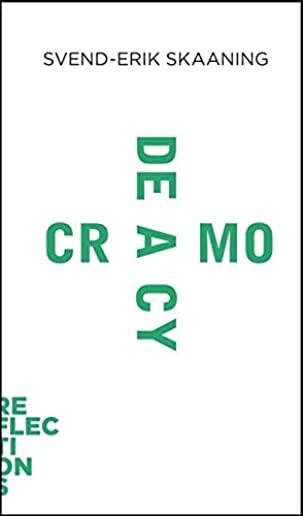
description
6When the noted political philosopher Iris Marion Young died in 2006, her death was mourned as the passing of "one of the most important political philosophers of the past quarter-century" (Cass Sunstein) and as an important and innovative thinker working at the conjunction of a number of important topics: global justice; democracy and difference; continental political theory; ethics and international affairs; and gender, race and public policy. In her long-awaited Responsibility for Justice, Young discusses our responsibilities to address "structural" injustices in which we among many are implicated (but for which we not to blame), often by virtue of participating in a market, such as buying goods produced in sweatshops, or participating in booming housing markets that leave many homeless. Young argues that addressing these structural injustices requires a new model of responsibility, which she calls the "social connection" model. She develops this idea by clarifying the nature of structural injustice; developing the notion of political responsibility for injustice and how it differs from older ideas of blame and guilt; and finally how we can then use this model to describe our responsibilities to others no matter who we are and where we live. With a foreward by Martha C. Nussbaum, this last statement by a revered and highly influential thinker will be of great interest to political theorists and philosophers, ethicists, and feminist and political philosophers.
member goods
No member items were found under this heading.
Return Policy
All sales are final
Shipping
No special shipping considerations available.
Shipping fees determined at checkout.







